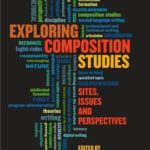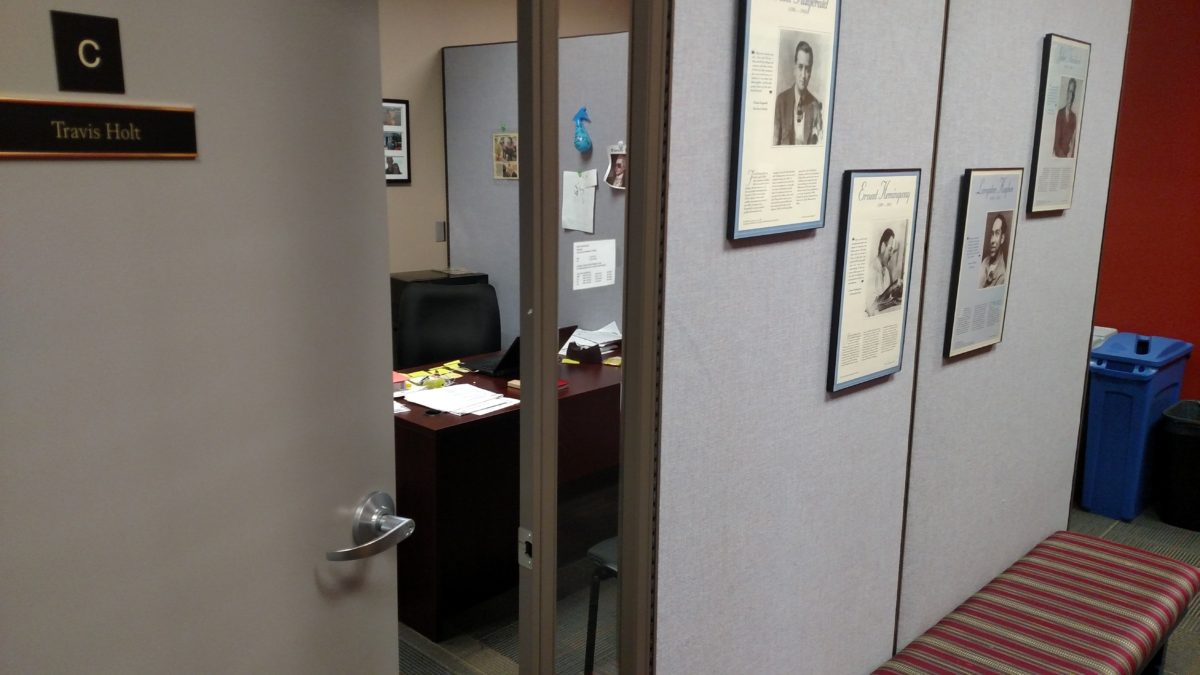
As technological advancements leads to new forms of media and the corresponding literacies, composition scholars and educators alike have discussed theories that would assist students in adapting to the ever-changing landscape, both educational and corporate; however, what has become evident is students struggled to make the connection between different contexts, whether from one educational level to another, or from the university to the workplace, which is where the more recent discussion of transfer theory in composition has taken shape. In Donahue’s (2012) work, she provided a brief history of transfer and what the theory is meant to accomplish, but the rest of the chapter highlights the complexities of the theory: what is required for it to take place, what is actually transferred, what roles the student and the educator must assume, and where it exists (if it does). She clarified the different recognized forms of transfer including high road and low road; vertical; situated and sociocultural; and near and far. As seen through the varying definitions and forms, transfer is as fluid as the cultural, social, and technological shifts that necessitate its importance. What Donahue (2012) provided is not just a history and detailed description of current transfer theory in composition studies; it is a gathering of voices regarding a crucial part of the discipline as it works to establish clear methodological practices and provide identity.

Photo Credit: Africa Studio
As Donahue (2012) noted, the theory of transfer “[is] not new” with the earlier research focused on the movement of more basic “principles” (p.147). Yet the current discussion is new because of the changes “constituted by shifts in culture and community, flows of capital and discourse, emergent technologies and communications media” (Luke, 2004, p.86). Whitney (2011) noted the effects these shifts create in the English classroom and how students struggle to navigate the different writing environments presented in education and personal settings. What scholars have noticed, and what I have seen in my classroom, is a body of students caught in the changing tides of technological, social, and cultural change, who are engaging in highly communicative and rhetorical practices via various forms of media; however, they are unaware of this occurring, and when placed in a structured, educational setting, return to a Freirian “banking concept” of education where writing is passive and often disconnected to what matters in the student’s personal life. The lack of metacognitive awareness our students display regarding their abilities as communicators in their personal lives in addition to their apathetic approaches to communication in the classroom is alarming, and this prompts the bigger question our experiences and work point to: how can we help students understand and establish agency and then transfer their skills to other areas, helping them to navigate the ever-changing environments they inhabit? But Donahue’s (2012) discussion of transfer presents another question the field must address, which is how can we measure if this is occurring, especially when some examples of transfer are subtle and seemingly unnoticeable? What are the methodological practices that we should incorporate that will help establish the discipline in academia? I believe there is a wealth of opportunity in composition and rhetoric through transfer studies, and Donahue’s (2012) work is a great overview of what it has been, is, and possibly will be.
References
Donahue, C. (2012). Transfer, Portability, Generalization: (How) Does Composition Expertise “Carry”?. In K. Ritter & P. Kei Matsuda (Eds.), Exploring Composition Studies (pp. 145-166). Boulder, CO: UP of Colorado.
Luke, A. (2004). At Last: The Trouble with English. Research in the Teaching of English, 39(1), 85-95. Retrieved from http://www.jstor.org/stable/40171653
Whitney, A. (2011). In Search of the Authentic English Classroom: Facing the Schoolishness of School. English Education, 44(1), 51-62.
